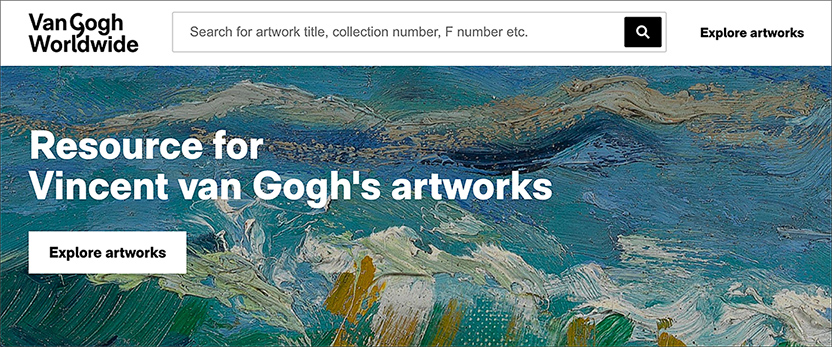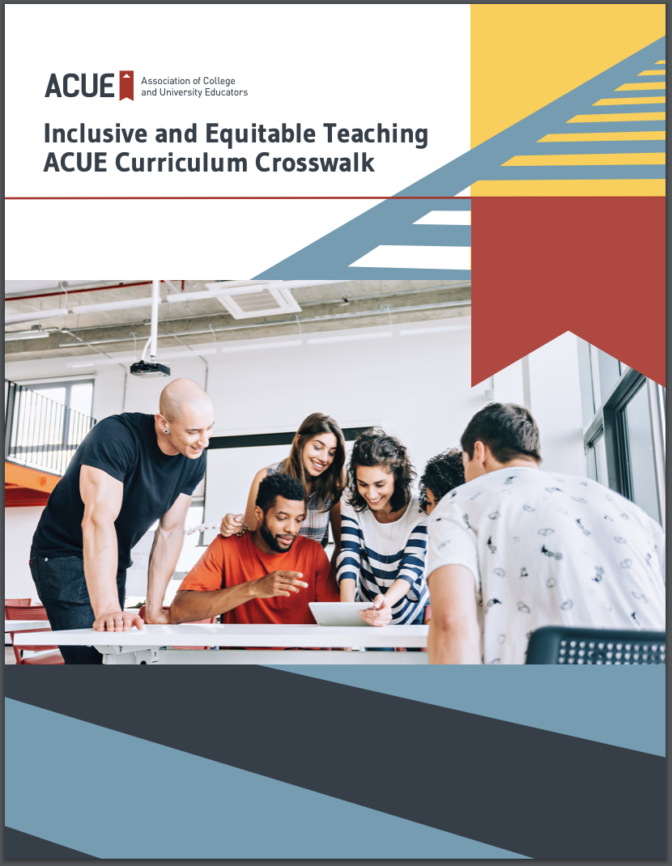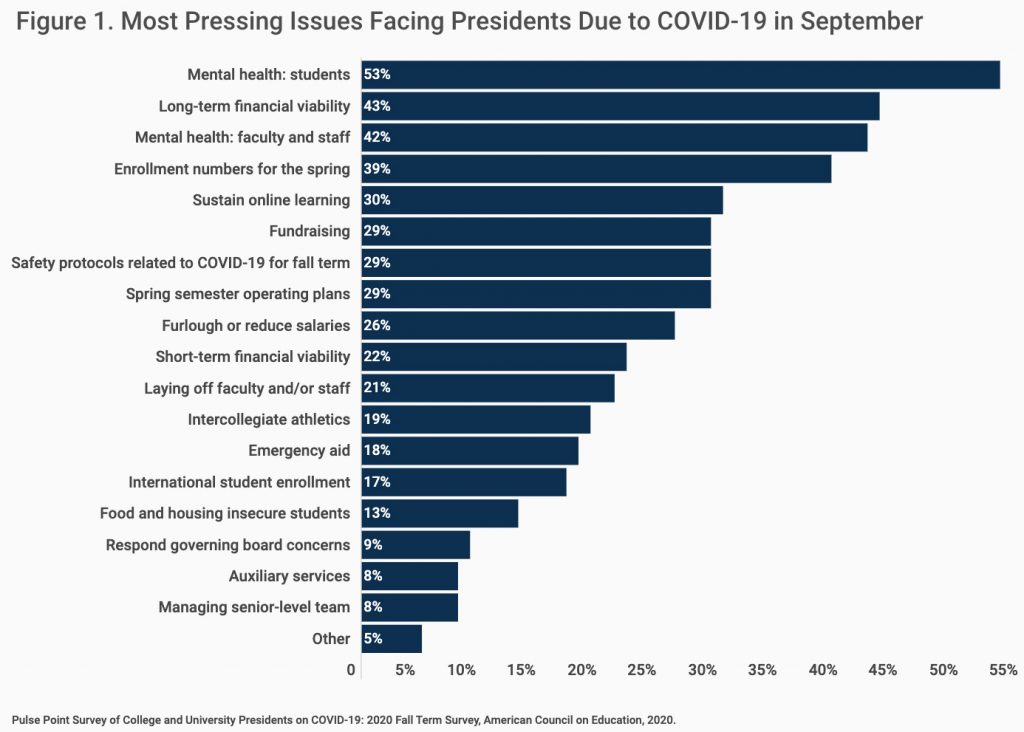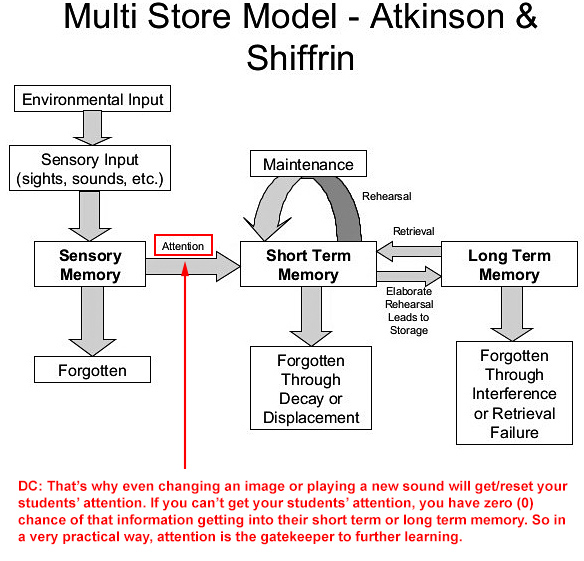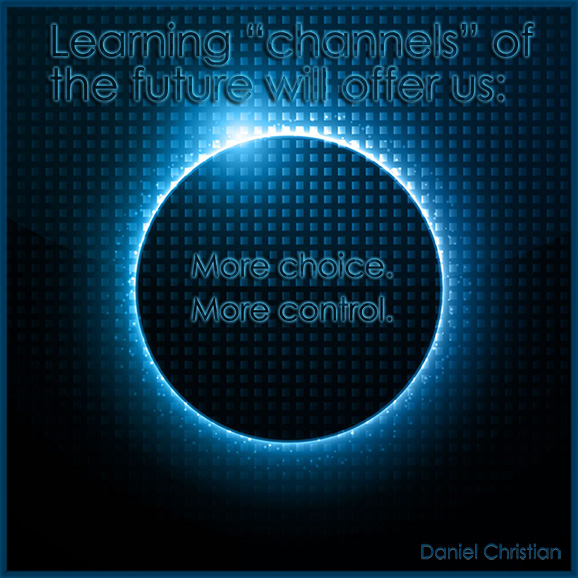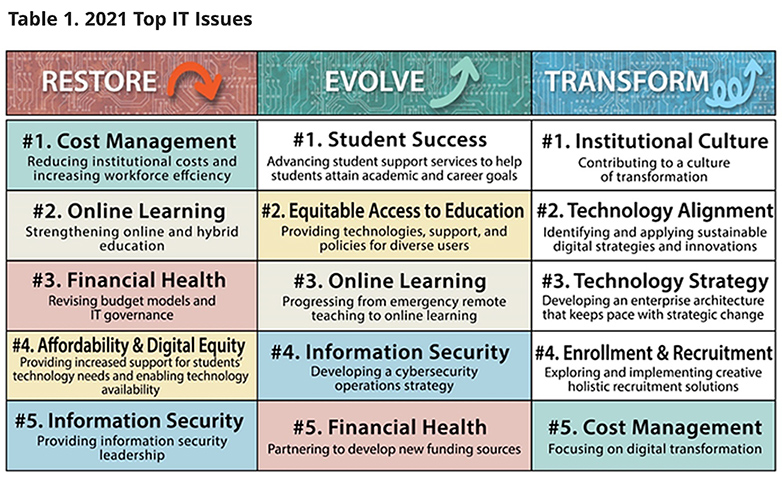From DSC:
Giving credit to Whom credit is due.
Thank you LORD for my vision — help me to “see” more fully.
Thank you LORD for my sense of smell — especially for the coffee beans in the morning!
Thank you LORD for my sense of taste — and the variety of foods and drinks that are available to savor.
Thank you LORD for my sense of touch.
Thank you LORD that I can hear.
Thank you LORD for music.
Thanks LORD for the creation you gave to us — it’s absolutely amazing, beautiful, gorgeous, intricate, and creative.
Thanks LORD for your patience, forgiveness, love, grace, mercy, and for caring for me/us — in spite all of the failures, mishaps, and times of disobedience.
Thanks LORD for being active, caring, and good.
Thanks for all of the things that I don’t even recognize and know about to thank you for.
And most of all LORD, thank you for YOU!
We are fearfully and wonderfully made, indeed (Psalm 139:14). It’s absolutely mind-blowing to me.









